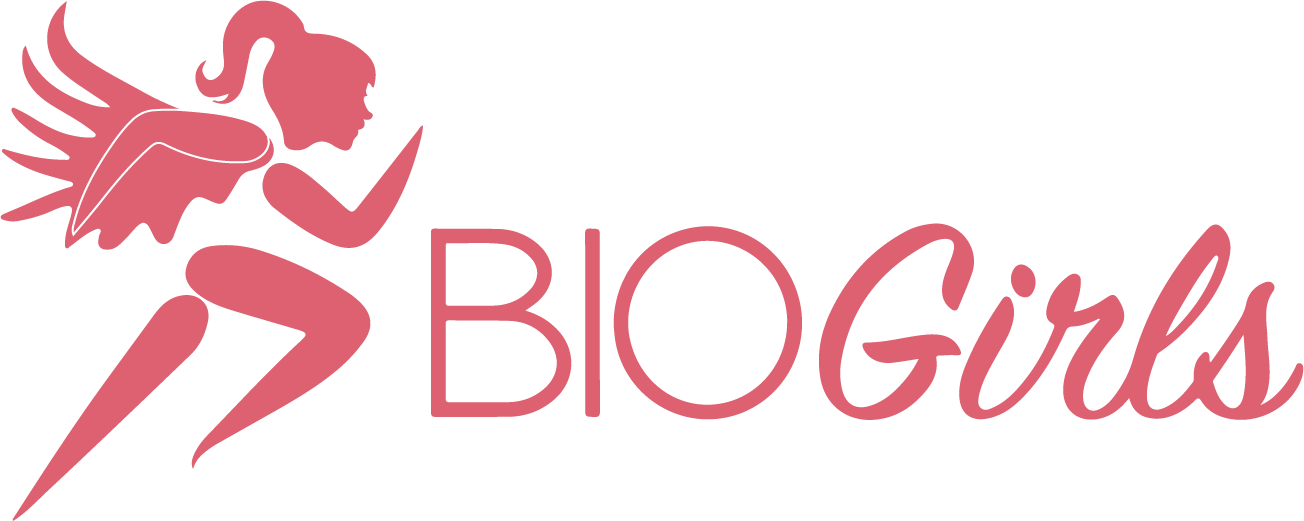BIO Girls Teen Program Mental Health Module Findings
Connection, a module about healthy relationships, was the third BIO Girls Teen Program to be piloted. This module ran weekly in five two-hour sessions from March through April. The sessions covered the self, changing family dynamics, friends, dating, and social media. Topics included boundary-setting, communication, conflict management, assertiveness, loneliness, relationship drama, authenticity, and empowerment. Teens engaged in discussion, role plays, mindfulness activities, and art projects. In addition, all participants made their own Vision Board on Canva as a reminder of their beauty and self-worth.
Before the program started, teens completed a brief set of multi-item, valid surveys on loneliness, assertiveness, relational aggression, empathy, perspective-taking, and inclusion. Additionally, participants responded to single questions regarding their relationship quality with caregivers, peers, close friends, and partners as well as confidence, boundary-setting, conflict management, conflict resolution, and open expression. At the end of the fifth session, participants completed the same set of surveys and questions.
Nine teens initially enrolled in the program; seven individuals completed the entirety of the program. Thus, results are reported for the seven individuals (three participants completed all five sessions, and four participants completed four out of the five sessions).
Teens in the program experienced increases in assertiveness, empathy, and perspective-taking.
Teens experienced decreases in loneliness and relational aggression.
Teens reported improved relationship quality and healthy communication behaviors.
6 out of 7 participants experienced improvements in relationship quality in one or more relationships. This means that participants perceived that their relationship quality with caregivers, peers, close friends, or dating partners had improved by the end of the program. (Note: one participant experienced no change due to already viewing their relationships as high-quality. Additionally, two participants experienced improvements in three or more relationships.)
5 out of 7 participants reported improvements in one or more healthy communication behaviors. This means that participants perceived that their confidence, boundary-setting, conflict management, conflict resolution, or open expression had improved by the end of the session. (Note: three participants experienced improvements in three or more healthy communication behaviors.)
Future Teen Programs on Relationships will include an extra focus on inclusion, as we noted no differences in participants’ use of inclusive behaviors from pre- to post-test. Additionally, we will aim to more fully explore outcomes in conflict management.
Participants had positive things to say about the program. In particular, all teens emphasized how much they enjoyed the other teens and the two facilitators in the program. They commented on the helpfulness of group discussions, role plays, and getting their questions answered. Teens also enjoyed the activities in the program, including yoga, art, meditation, affirmations, and Vision Boards. One participant stated, “I liked the people I met in this program. I liked the lessons taught and advice given from everyone.”
BIO Girls is looking forward to piloting our fourth module, Confidence, in July. We are currently looking for individuals interested in facilitating any of our three already-piloted modules: Unconditional Love (Body Image), Worthy (Mental Health), and now Connection (Relationships).
– Dr. Beth Salafia Ph.D.
BIO Girls Director of Programming & Research

